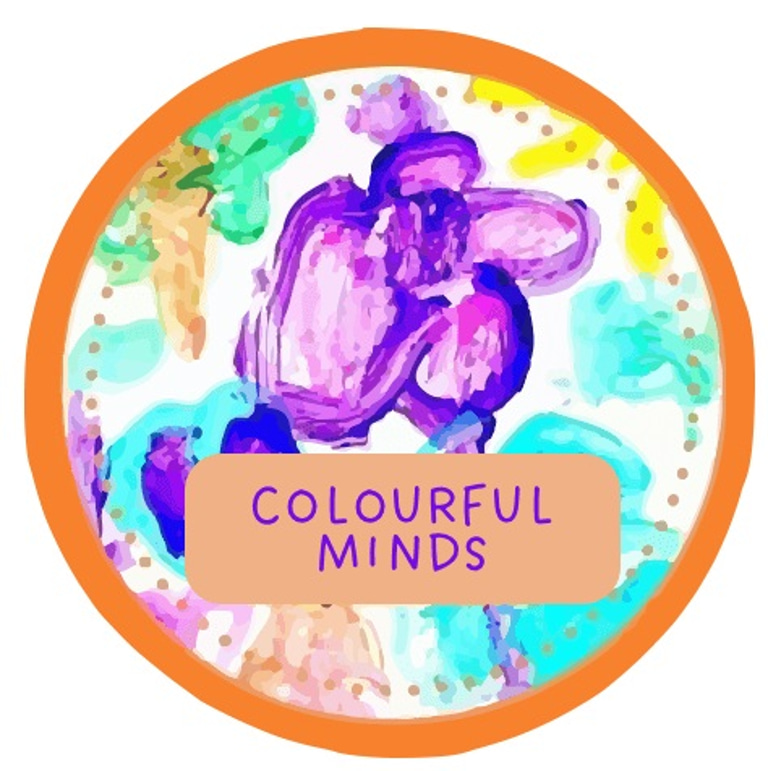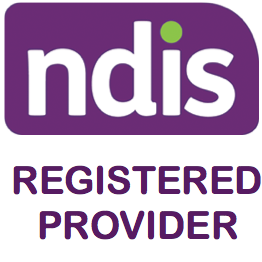Therapeutic Supports


Therapeutic Supports
What Are Therapeutic Supports?
Therapeutic supports under the NDIS are services delivered by qualified professionals to help individuals:
Build independence
Improve emotional regulation and behaviour
Strengthen communication, thinking, and social skills
Participate more fully in daily life at home, school, and in the community
We work closely with families, schools, and other providers to offer holistic support that evolves with your child.
Who We Support
Under Therapeutic Supports, we support young people aged 9–16 who:
Have an NDIS plan with therapeutic or capacity-building supports
Live with autism, ADHD, ODD, psychosocial disability, or other developmental conditions
Need support with emotional regulation, behaviour, communication, peer interaction, or daily living skills
Our Therapeutic Services Include
All therapy is delivered by qualified professionals, using evidence-based approaches. We offer both 1:1 and family-inclusive supports.
🔹 Psychosocial and Emotional Support
Managing anxiety, anger, or low mood
Developing self-esteem and confidence
Coping strategies for school and home stressors
🔹 Behaviour Support
Understanding the function of behaviour
Developing replacement behaviours and self-regulation skills
Supporting families and schools with practical strategies
🔹 Social Skills Development
Navigating friendships and peer dynamics
Building conversation and problem-solving skills
Practising appropriate behaviours in group settings
🔹 Functional and Life Skills
Executive functioning: planning, organisation, memory
Daily living skills: hygiene, time management, meal prep
Building independence at home and in the community
🔹 Parent and Carer Coaching
Helping families understand and support their child’s development
Collaborative goal-setting and home strategies
Where We Deliver Support
We offer flexible, consistent therapy in the settings that matter most:
At school – working with educators to support behaviour and learning
At home – practical strategies in the family environment
In-clinic – focused sessions in a calm, supportive space
Online/Telehealth – accessible support for remote or busy families
In the community – supporting real-world skill-building
Why These Years Matter
Ages 9 to 16 are crucial for emotional, social, and cognitive development. Support during this period helps young people:
Manage changes in routine, relationships, and responsibilities
Build resilience and independence
Prepare for transitions to high school, further education, or work pathways
Our approach is not just about therapy sessions—it’s about creating long-term tools for growth and wellbeing.




